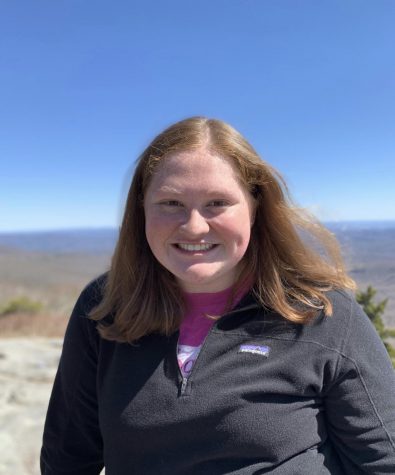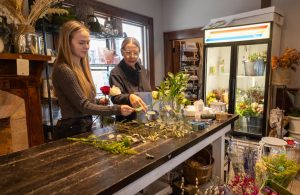App State computer science professors earn grant to expand computer science in Appalachia
October 29, 2019
Three faculty members in the Department of Computer Science are trying to make computer science classes and programs more accessible to students in rural Appalachia. A $300,000 grant they received from the National Science Foundation will help make that possible.
Department of Computer Science Chairperson Rahman Tashakkori and professors Cindy Norris and Jay Fenwick submitted their proposal, “CS4App: Bringing Computer Science to High Schools in Rural Appalachia,” in February and received the grant Sept. 17. The grant will fund a two-year project to train teachers in rural areas of Tennessee, North Carolina and Virginia to teach Advanced Placement Computer Science classes in their schools as part of the National Science Foundation’s initiative, Computer Science for All.
According to the proposal, “Only one out of every four high schools offer(s) a computer science course. Students attending high schools in rural areas particularly suffer; 47.2% of rural districts have no students enrolled in any Advanced Placement (AP) courses, compared to 20.1% in towns, 5.4% in suburban and 2.6% in urban areas,” according to the proposal.
Integrating computer science classes into high schools is important for students because the material can provide them with greater opportunities in the future, Norris said.
“For students that graduate from college with a (science, technology, engineering and math) degree, particularly in computer science or computer engineering, there are just so many jobs, so it can really help these poorer communities to allow these students to have some confidence when they go into college,” Norris said.
The training is a four-week program on App State’s campus in the summer, accomodating to teachers’ busy schedules during the academic school year, and will prepare them to teach AP Computer Science classes. The Friday Institute from North Carolina State University, a program providing students with opportunities to explore computer science, will also assist with the training, Tashakkori said.
Fenwick said the training is necessary for teachers because there is a lack of teacher preparation at a time when “the industry is moving more and more to computing touching every field, and you have parents that want (computer science classes) for their kids, but schools don’t have teachers who know it.”
Fenwick said teachers are often not taught computer science while they are in college themselves, which leads to the disconnect later on.
The training the teachers receive will not end when the educators leave App State’s campus, as they will also receive support throughout the school year as they begin teaching computer science classes.
“This is what we call the research practitioner partnership. The teachers are the practitioners, and we are the researchers,” Fenwick said. “We’re trying to continue to interact throughout the school year, so it’s not just they come in the summer, they spend four weeks and then they go and we don’t see them again. We’ve built in a lot of opportunities to continue to interact with them.”













am71722 • Oct 29, 2019 at 11:19 am
Good piece of writing and, in my opinion, a great subject to cover. Keep up the good work, Erin.